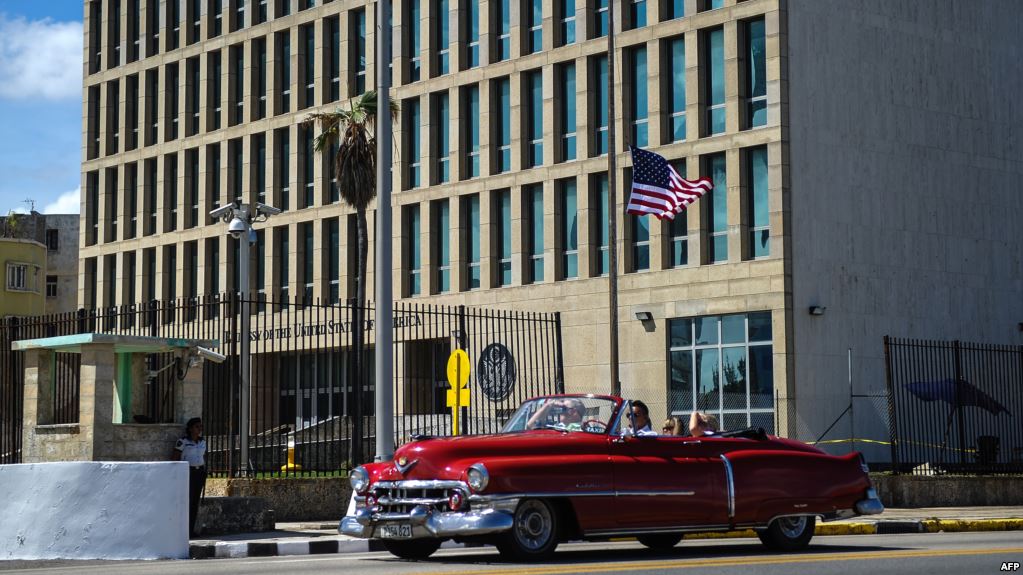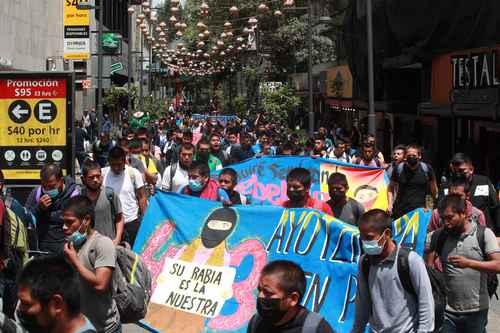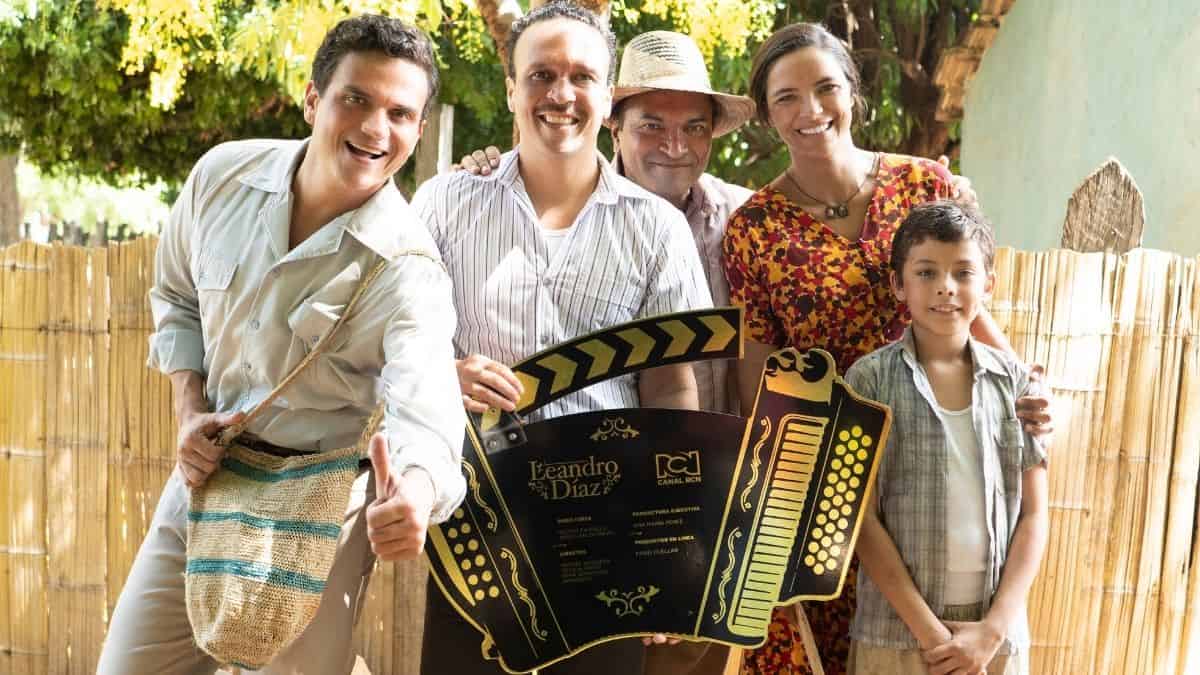The Embassy of the United States in Havana announced this Wednesday that it is preparing for the full resumption of the visa services of immigrants in Cuba and that it will speed up the processing of family reunification.
Via a statement posted on its websitethe diplomatic headquarters points out that an expansion of the regular channels available to Cubans who wish to emigrate to the United States will be carried out in accordance with their commitments and “by virtue of the Los Angeles Declaration on Migration and Protection to facilitate a safe, orderly, humane and regular migration”.
The note from the Embassy informs that these procedures, which had not been in operation since 2017, when they were suspended by the Trump Administration, would begin to be carried out in early 2023.
To support the Cuban people and Cuban-American families, the Embassy has worked hard to expand consular services and we are happy to announce that in early 2023 we will begin processing all categories of immigrant visas: https://t.co/oQR1MiUQJU
— Embassy of the United States in Cuba (@USEmbCuba) September 21, 2022
It also transpired that “according to the resumption of the Cuban Family Reunification Parole Program (CFRP) In August 2022, the United States Citizenship and Immigration Services (USCIS) is increasing the number of staff in Havana to efficiently and effectively process cases and conduct interviews.”
This program, which began operating in 2007 and was also suspended a decade later by the Donald Trump government, “allows certain eligible US citizens and legal permanent residents, who receive a letter of invitation, to request a permit for their relatives in Cuba. that allows them to reunite in the United States without having to wait for regular immigrant visa processing time,” the statement said.
In its note, the US Embassy recalls that “immigrant visas provide eligible persons with a path for safe and orderly migration. This change will also eliminate the need for Cubans applying for immigrant visas in family preference categories to travel outside of Cuba to Georgetown, Guyana, for their interviews,” as has been the case until now.
According to the US diplomatic mission “these efforts constitute an important step to fulfill our commitment, under the Migration Agreements between the United States and Cuba, to ensure that total legal migration to the United States from Cuba is a minimum of 20,000 Cubans each year, not including immediate family members of U.S. citizens.”
In addition, it advances that “the State Department continues to evaluate the possibility of expanding visa services in Havana, to the extent that conditions allow it.”
The US Embassy also confirmed that its consular section in Havana “will continue to provide essential services to US citizens, immigrant visa services to those who apply in the immediate family categories, and limited processing of nonimmigrant visas.” of emergency”.
Regarding the processes so far assumed by the Embassy of Georgetown, in Guyana, the text indicates that there “the Cuban applicants for immigrant visas in the family preference categories will continue to be processed until Havana resumes the complete processing of visas as an immigrant at the beginning of 2023”.
“During the transition to full immigrant visa processing at the United States Embassy in Havana, the National Visa Center (NVC) will continue to schedule appointments for family preference visa applicants at the United States Embassy in Havana. Guyana”, adds the note, which indicates that those who have applied for this type of visa “do not need to contact the embassies in Havana or Georgetown or with the NVC since they will be notified directly with the information of their appointment” .
Finally, the diplomatic headquarters informs that it will provide more details as they become available and recommends that those interested visit its website to obtain the most up-to-date information.
With this decision, the Biden Administration reverses the restriction implemented by its predecessor, who drastically minimized consular services and diplomatic personnel stationed in the Cuban capital as a result of mysterious health incidents reported by its officials and calls by politicians and the media. As the “Havana Syndrome”.
When these events were disclosed, the government of then President Donald Trump accused Havana of being behind some kind of “sonic attack” against its personnel, something that has not been proven so far and that the island’s authorities have denied. repeatedly.
During his campaign for the 2020 elections, Biden promised to return to the thaw with Cuba started by Barack Obama and reverse many of the measures imposed by Trump, although in practice he has maintained most of the sanctions established by the Republican magnate.
Among the steps taken by the current US government towards the island are the suspension of the limit of 1,000 dollars per quarter for family remittances sent to Cuba, and the authorization of some categories of trips to the Caribbean country for US citizens.
Last May, the United States Embassy resumed issuance of visas for migrants, amid the sharp increase in the number of migrants from the island who try to reach the United States irregularly, mainly through Central America, taking advantage of the fact that Nicaragua does not require visas from Cubans.
Official US statistics show that so far this fiscal year (from last October to date) more than 170,000 Cubans have arrived at the southern border of the United States.






